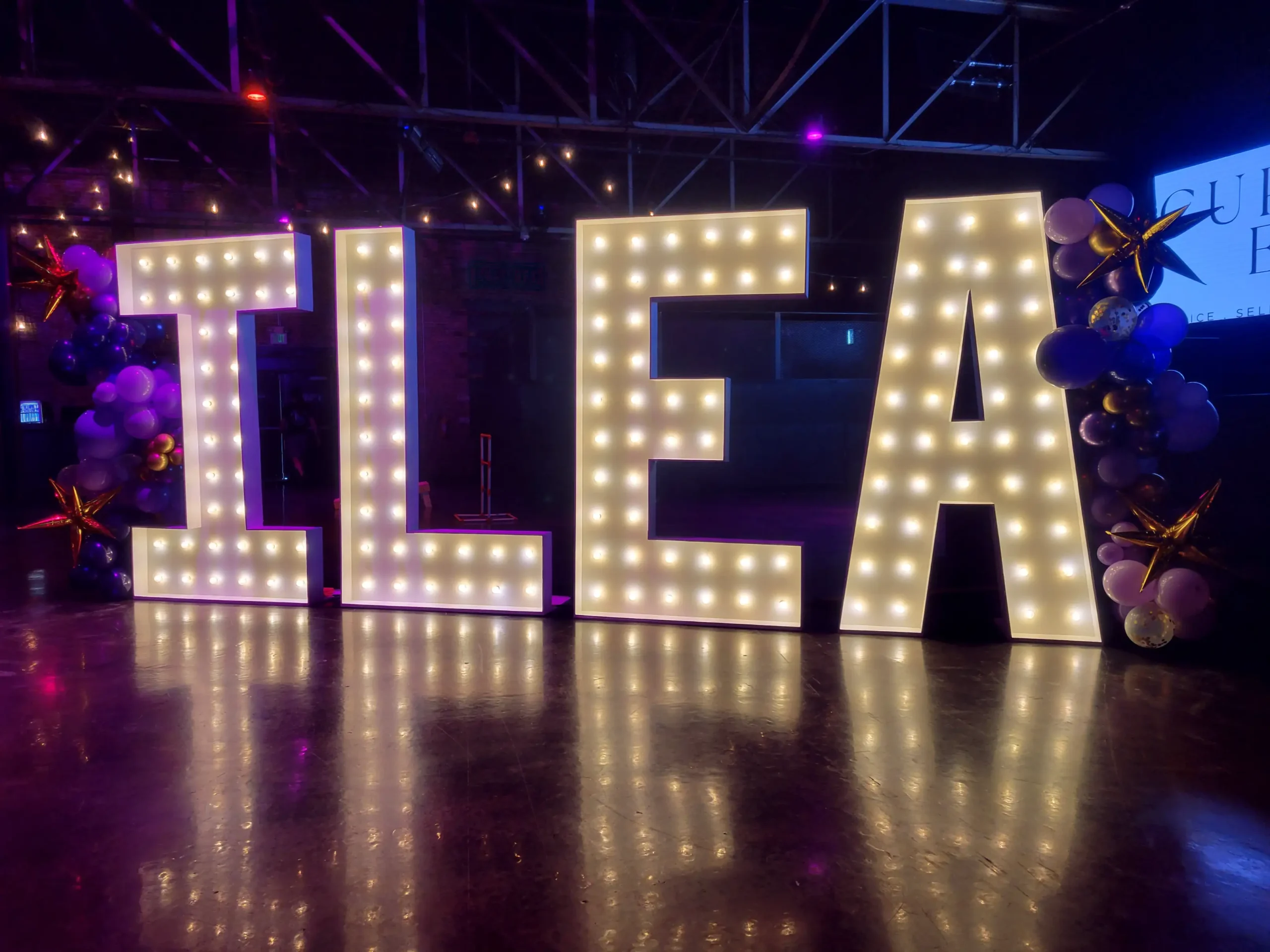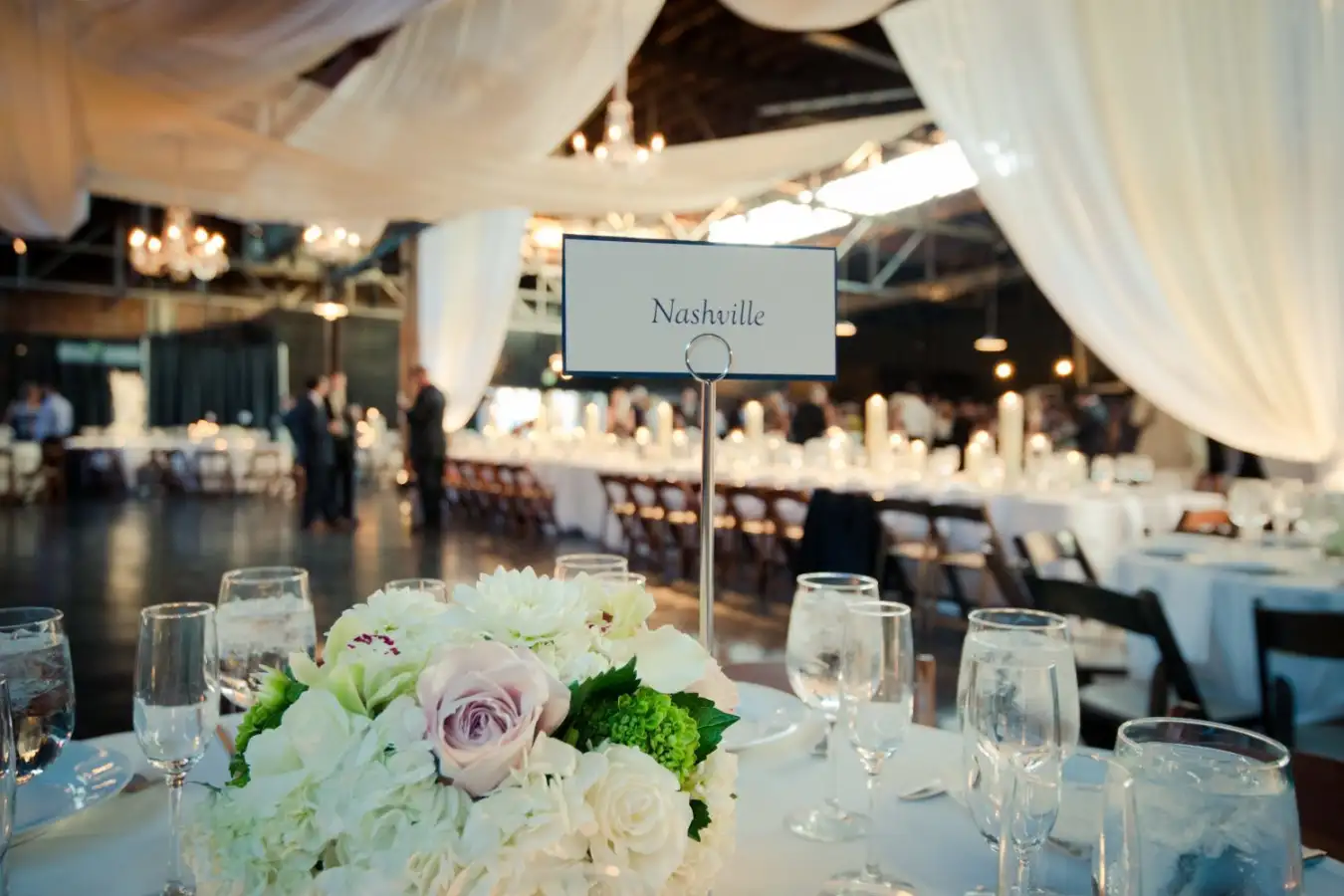Planning and executing a successful corporate event is crucial for fostering relationships, enhancing brand visibility, and achieving business goals. To ensure a seamless experience, it’s essential to follow a structured approach and prioritize key aspects.
Table of Contents
Understanding Corporate Event Planning
Corporate event planning involves meticulously organizing and executing various events within a business framework. These events serve specific purposes such as product launches, conferences, seminars, team-building activities, and corporate parties. The process includes defining the companies purpose, setting clear objectives, budgeting, selecting suitable venues, coordinating logistics, and implementing effective marketing strategies.
Effective event planning requires meticulous attention to detail, strong organizational skills, and the ability to manage diverse aspects seamlessly. It involves collaborating with stakeholders, suppliers, and teams to ensure the event aligns with company goals and delivers a positive experience for attendees. Ultimately, successful corporate events contribute to brand building, networking, and achieving business objectives.
Types of Corporate Events
Corporate events encompass a wide range of activities tailored to meet diverse organizational needs. Understanding these event categories is crucial for effective planning and execution:
- Micro Events: Intimate gatherings accommodating up to 100 delegates, such as meetings or focused training sessions. Despite their smaller scale, these events require detailed planning including room bookings, presentation facilities, and catering.
- Small Events: Catering to 100 to 250 delegates, such as seminars, training days, or departmental conferences. Planning involves managing main stage sessions, breakout sessions, catering, AV facilities, and logistical aspects like transportation and online registrations.
- Midsize Events: Targeting up to 1,000 attendees, including company-wide conferences or leadership summits focused on technology. These events require branded websites, mobile apps, accommodation arrangements, transportation, and interactions with senior clients.
- Large-Scale Events: Accommodating thousands of attendees over multiple days, such as conventions or multi-stream conferences. Planning involves managing offsite activities, complex itineraries, staffing, catering, and delegate management with enterprise-level technology.
Understanding these nuances helps tailor meticulous plans aligned with specific event objectives and attendee experiences.
Related: Useful Corporate Entertainment Ideas that will Impress Your Team
The Importance of Social Events
Social events play a crucial role beyond boosting sales; they strengthen cohesion and fortify the company structure. A successful company outwardly mirrors its internal strength, highlighting the importance of aligning employees and stakeholders to uphold company integrity and efficiency.
These events, including company meetings, team-building activities, and recognition ceremonies, foster stronger relationships within teams. Amidst work demands, such gatherings provide opportunities for relaxation, rejuvenation, and inspiration.
Recognizing employee achievements through award ceremonies not only boosts morale but also encourages others to strive for excellence.
Furthermore, these events provide a platform to resolve conflicts in a relaxed setting, fostering better communication and understanding.

Key Considerations for Corporate Parties
Planning a successful corporate event involves meticulous attention to crucial aspects to ensure seamless execution and success:
- Date and Time: Selecting an appropriate date considering attendee availability, seasonality, and avoiding conflicting events.
- Venue: Choosing a suitable venue that aligns with the event’s theme, accommodates attendees, and offers necessary amenities.
- Equipment and Materials: Arranging essential equipment like sound systems, lighting, note-taking materials, breakout rooms, and catering facilities.
- Committees and Services: Establishing planning, production, and logistics committees to efficiently manage different aspects. Engaging reliable catering services and prioritizing security arrangements.
- Event Management Tools: Utilizing appropriate tools to streamline planning, registrations, and attendee management.
- Virtual Event Tools: For virtual events, investing in AV production equipment and technologies to ensure a seamless online experience.
- Evaluation and Future Planning: Evaluating the event’s effectiveness post-execution and using insights to improve future events. Continuously enhancing the planning process for better outcomes.
Related: The 25 Best Reliable Corporate Event Planners In Tennessee
ILEA Nashville Vendors
My Big Letters recently teamed up with ILEA to throw an awesome corporate event at Marathon Music Works in Nashville, TN. We had delicious drinks from Red Bull, tasty hotdogs from Daddy’s Dogs, and yummy gelato from Gelatano. Spangler Entertainment kept things fun with games, while Goodness Gracious amazed everyone with a circus performance. Curated Events handled the rentals, Brittmae Photography snapped some great photos, and CRAVE served up a fantastic spread. Plus, The Photo Machine photobooth added extra fun for everyone to capture memories!



Corporate World Prepping
Planning a big event requires meticulous preparation and attention to detail. By following a structured approach and focusing on key aspects, organizers can ensure a successful event that achieves its objectives and leaves a positive impact on attendees.
Related: Take Corporate Event Planning To New Levels





